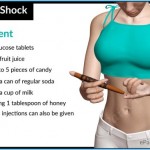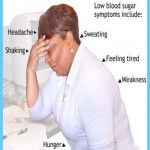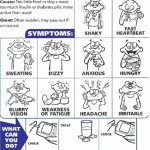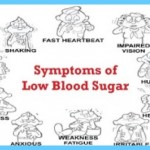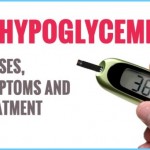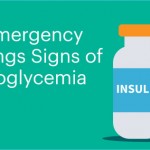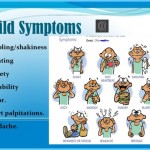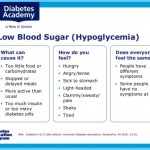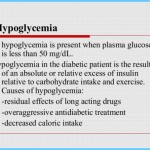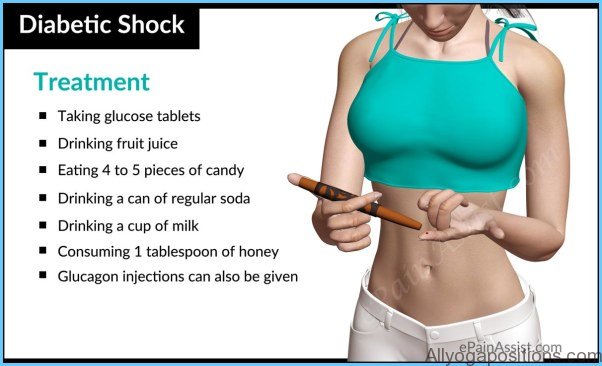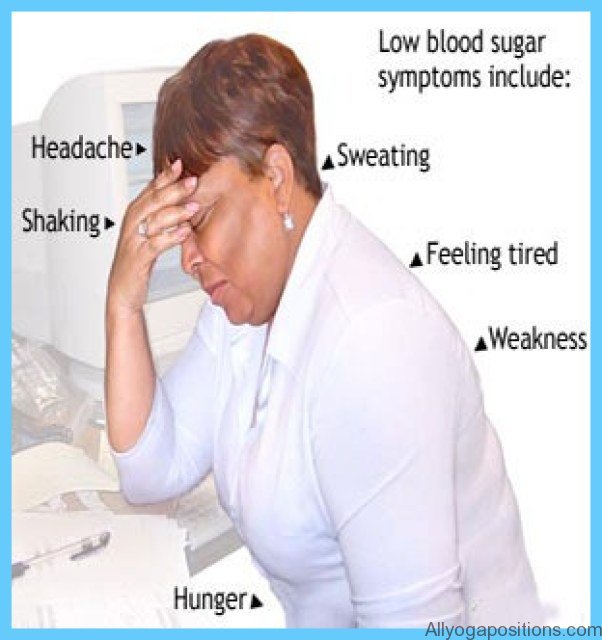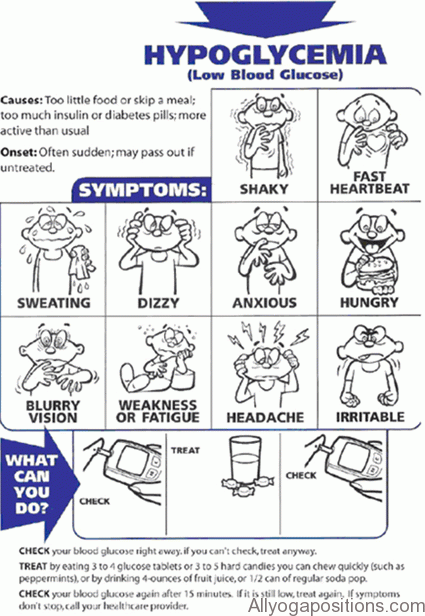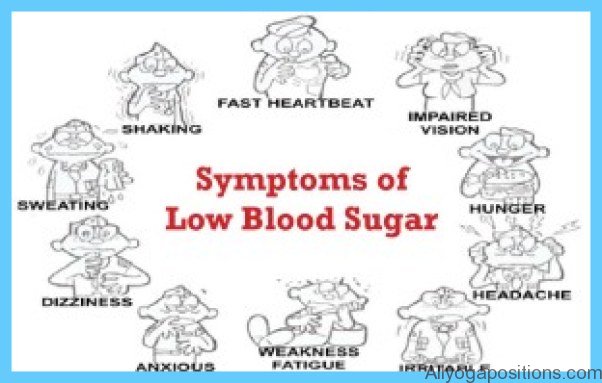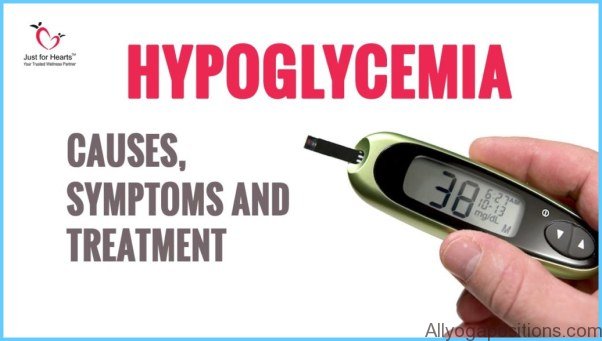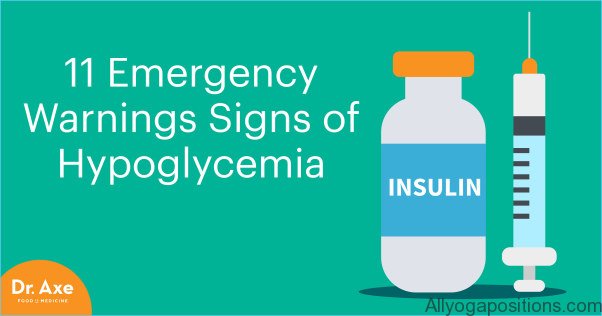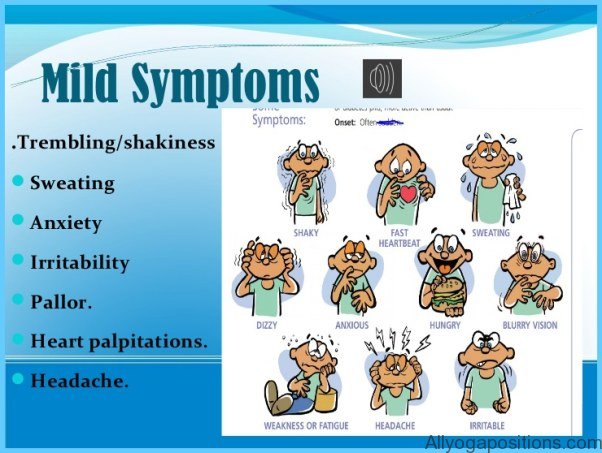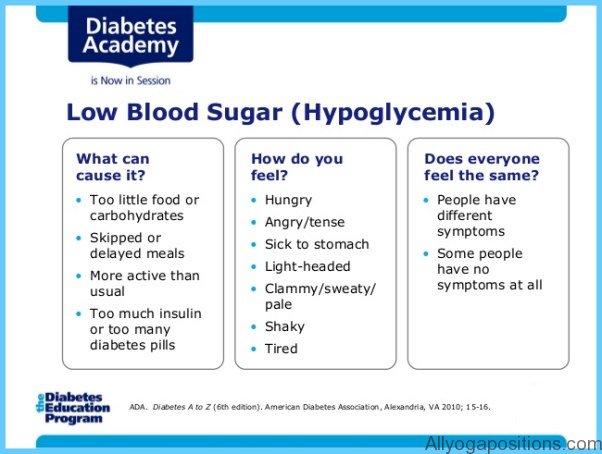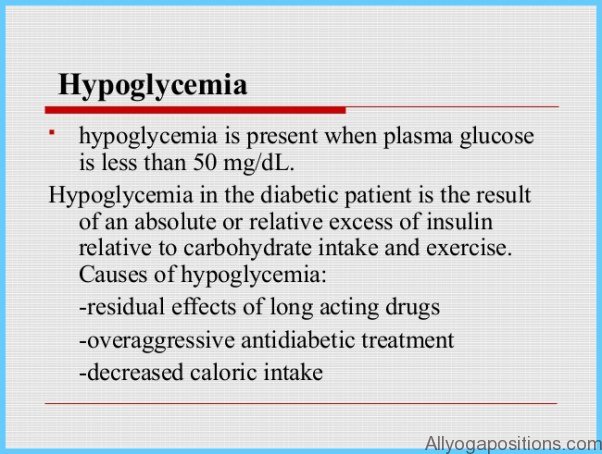Hypoglycemia develops when the glucose (sugar) levels in your blood fall below normal. Low glucose or blood sugar can cause many body organs to malfunction. The brain is the most susceptible because glucose is its main energy source.
People with diabetes often develop hypoglycemia because of an imbalance between their medication and their diet or exercise levels. But hypoglycemia can also occur in people who don’t have diabetes. A low blood-sugar level can be caused by a variety of other factors, including stress, poor diet, alcohol consumption and certain medical conditions.
Consuming sugar in any form, be it fruit juice or hard candy, can quickly relieve the hypoglycemic symptoms of headache, dizziness, weakness, confusion and shakiness. In most cases, following the right diet can prevent hypoglycemia altogether.
What Causes Hypoglycemia?
Your body relies on a form of sugar known as glucose as its main source of fuel for daily activities. During the process of digestion, the carbohydrates (sugars and starches) that you eat are converted into glucose. Glucose is often referred to as blood sugar
because it is absorbed by your bloodstream and carried to every cell in your body. Unused glucose is stored in your muscles and liver as glycogen. Your body draws on these sugar stores for energy when your blood sugar drops.
Whenever you eat food, the breakdown of carbohydrates into glucose causes your blood-sugar level to rise. This triggers your pancreas, an organ located in your upper abdomen, to release a hormone called insulin. Insulin helps glucose enter body cells, where it supplies the energy to fuel most bodily functions. As glucose is absorbed into the cells, your blood-sugar level gradually drops back to a normal range.
A few hours later, when most of the available glucose supply is consumed, your blood-sugar levels start to fall below normal, indicating that your body needs more fuel. Your pancreas responds to the falling glucose levels by releasing a different hormone, called glucagon. Glucagon stimulates your liver to release its stored supply of glucose into the bloodstream, where it is circulated to the cells. Once again, your blood-sugar levels rise back to normal.
Every day your body performs this delicate balancing act over and over. By relying on insulin, glucagon and several other hormones, your body is able to keep your blood-glucose levels under constant control and regulate your daily energy supply.
Hypoglycemia occurs when your blood-glucose levels drop too low, and you no longer have enough energy to fuel your daily activities. Hypoglycemia develops most often as a complication of diabetes. Diabetes occurs when your body can’t use glucose as fuel because your pancreas produces insufficient amounts of insulin, or because your cells are resistant to the action of insulin. Many people with diabetes have to take insulin or other drugs to keep their blood-sugar level in the normal range. When people with diabetes eat too little food, exercise too strenuously, drink too much alcohol or take too much medication, they are at risk of developing hypoglycemia. Because so many people with diabetes depend on medication to lower their blood sugar, they may experience episodes of hypoglycemia throughout their lifetime.
You can still have hypoglycemia if you don’t have diabetes. If you develop low blood-sugar symptoms after eating a meal, you may have what’s called reactive hypoglycemia. This type of low blood-sugar reaction occurs when your pancreas releases too much insulin at once, causing your blood-sugar level to fall below normal. Symptoms usually develop within two to five hours after eating a meal. If you are prone to reactive hypoglycemia, eating too many starchy or sweet foods can aggravate the condition. That’s because large portions of carbohydrate-rich foods cause your blood sugar to rise very rapidly, triggering excessive insulin production and a dramatic drop in your glucose levels. This roller coaster sequence of events will upset your natural hormonal balance and leave you feeling sweaty, anxious, hungry and shaky.
Other possible causes of hypoglycemia include
• stress and anxiety
• an unbalanced diet that is high in refined grains and/or sugars
• drinking alcohol
• early pregnancy
• prolonged fasting
• long periods of strenuous exercise
• exercising while you are on beta blocker medication (e.g., propranolol)
• certain medications, especially pentamidine (used to treat AIDS-related pneu- monia)
• liver disease
• gastric surgery that disrupts the balance between digestion and insulin release
• hereditary intolerance of foods that contain the natural sugars fructose and galactose (rare childhood conditions)
While there are many conditions that may cause hypoglycemia, it is important to remember that only 1 percent of hypoglycemia cases occur in people who do not have diabetes. Studies indicate that it is actually quite a rare disorder.

